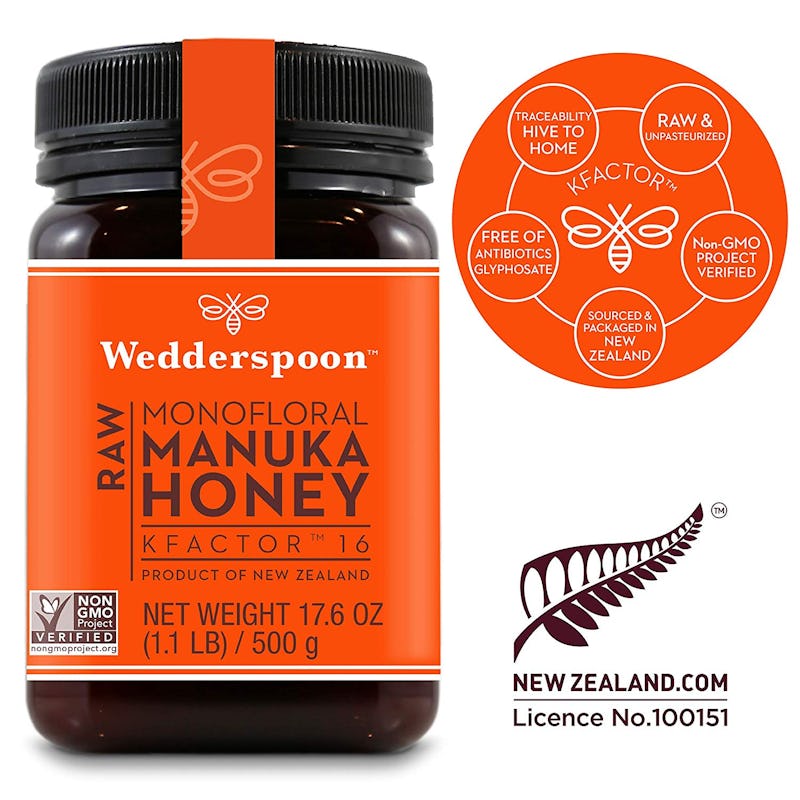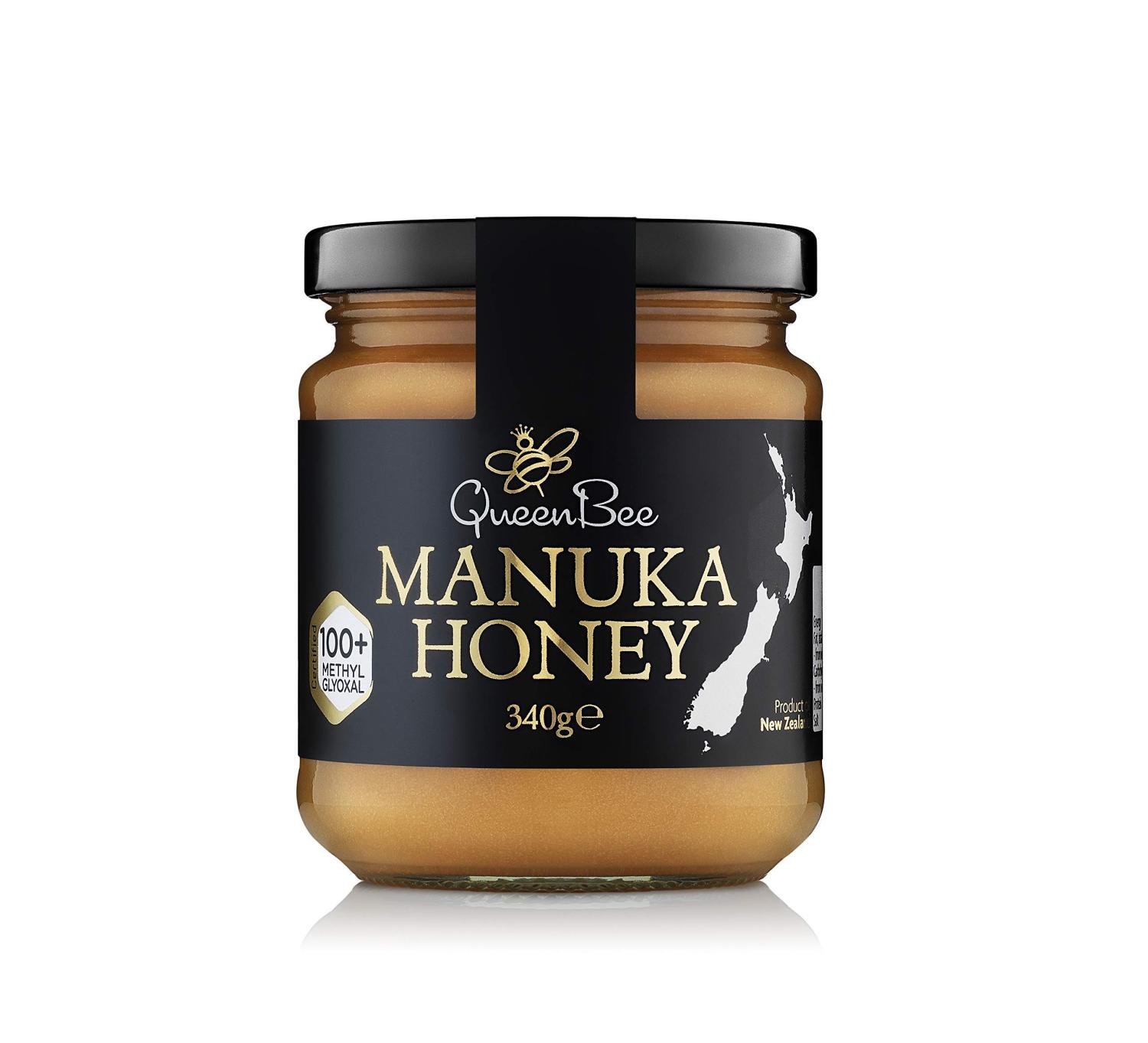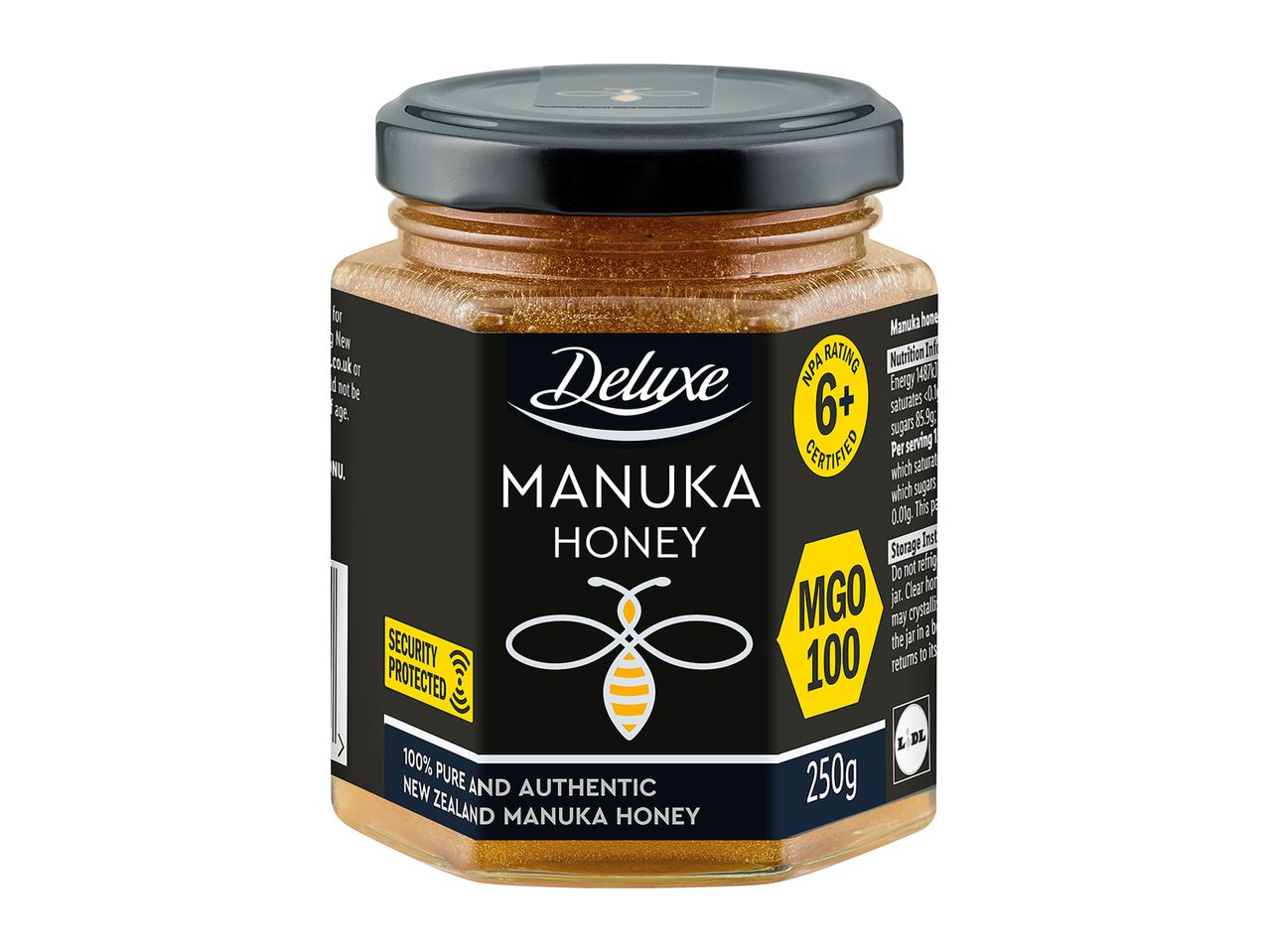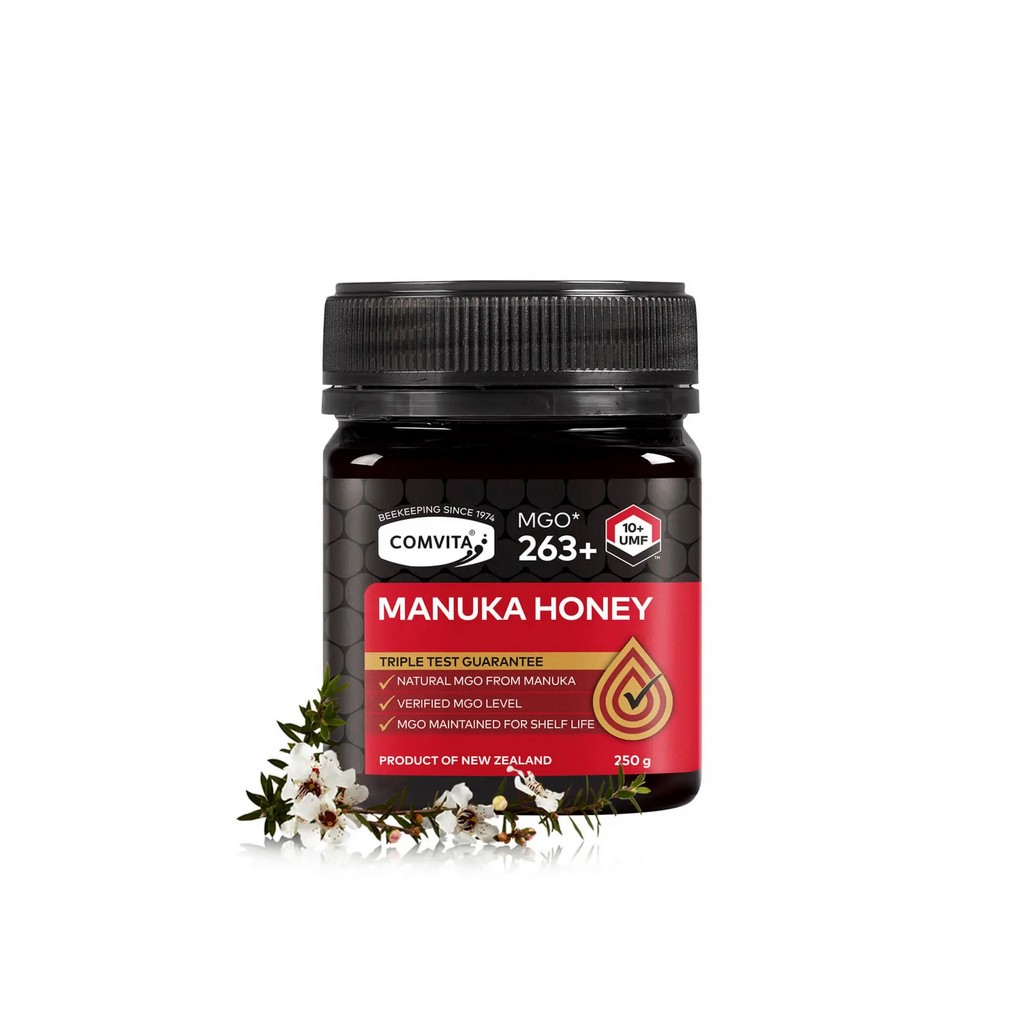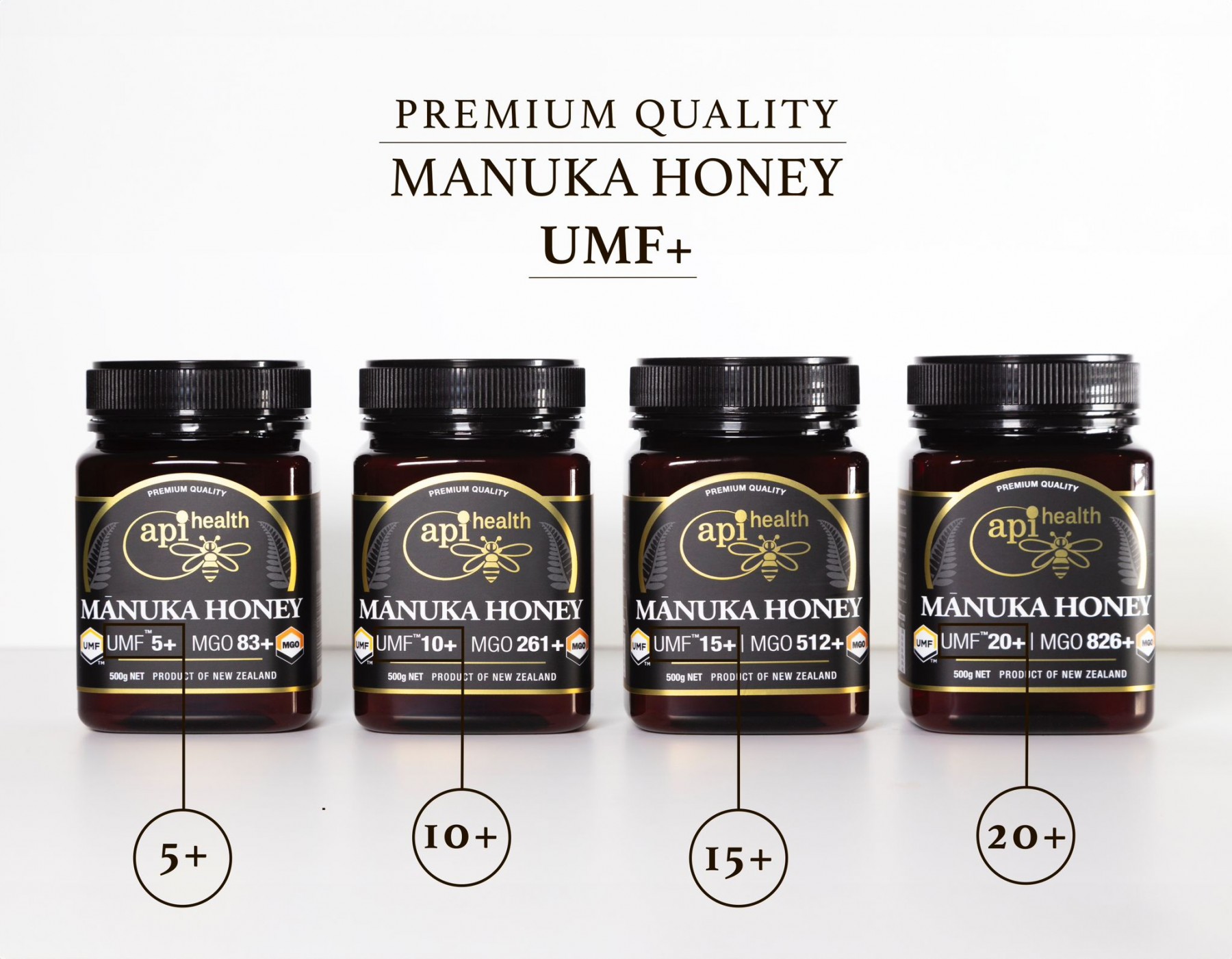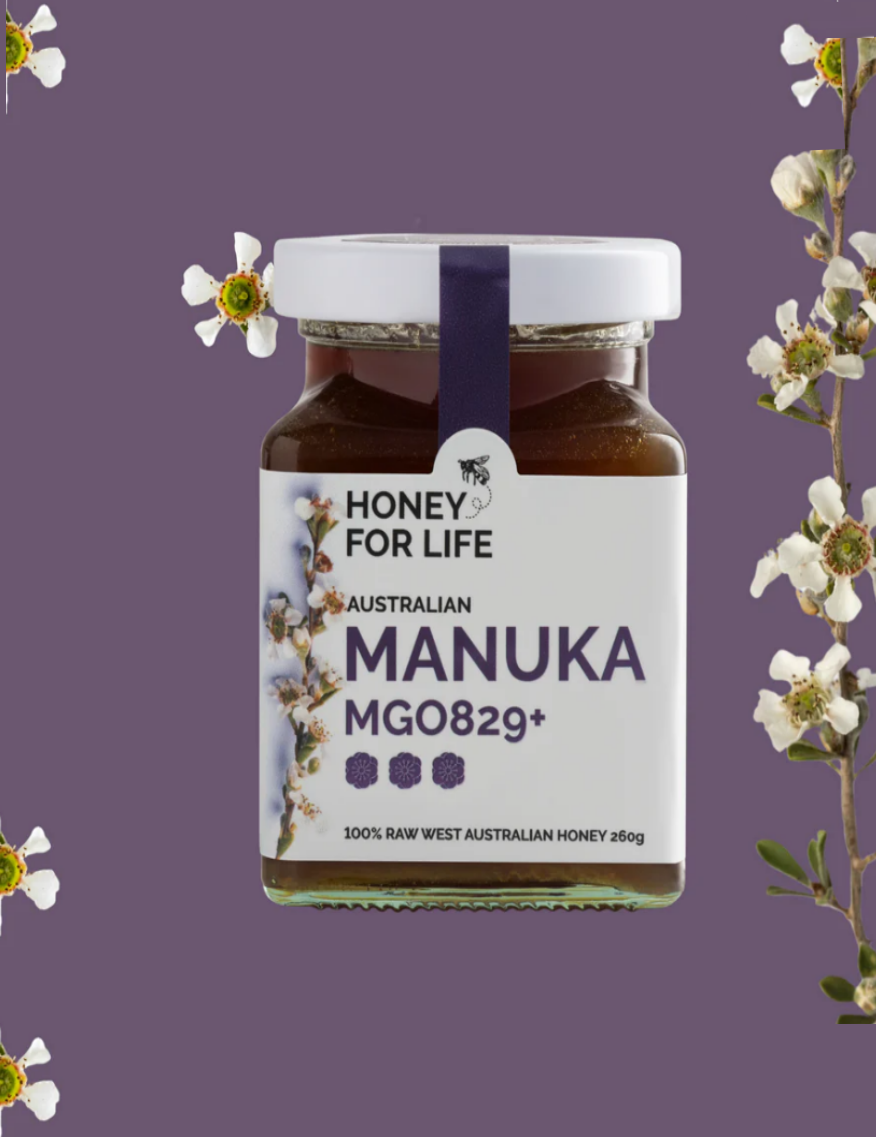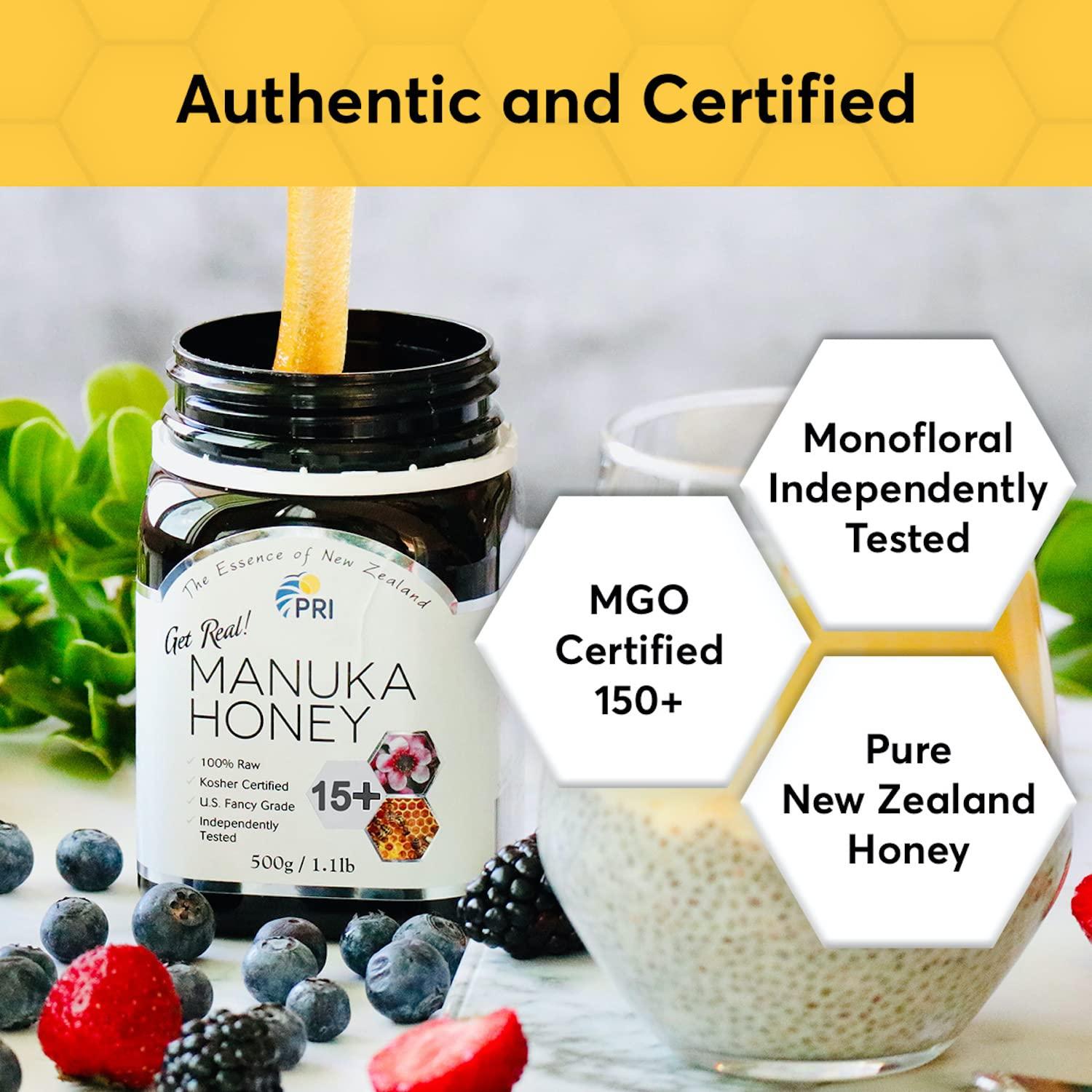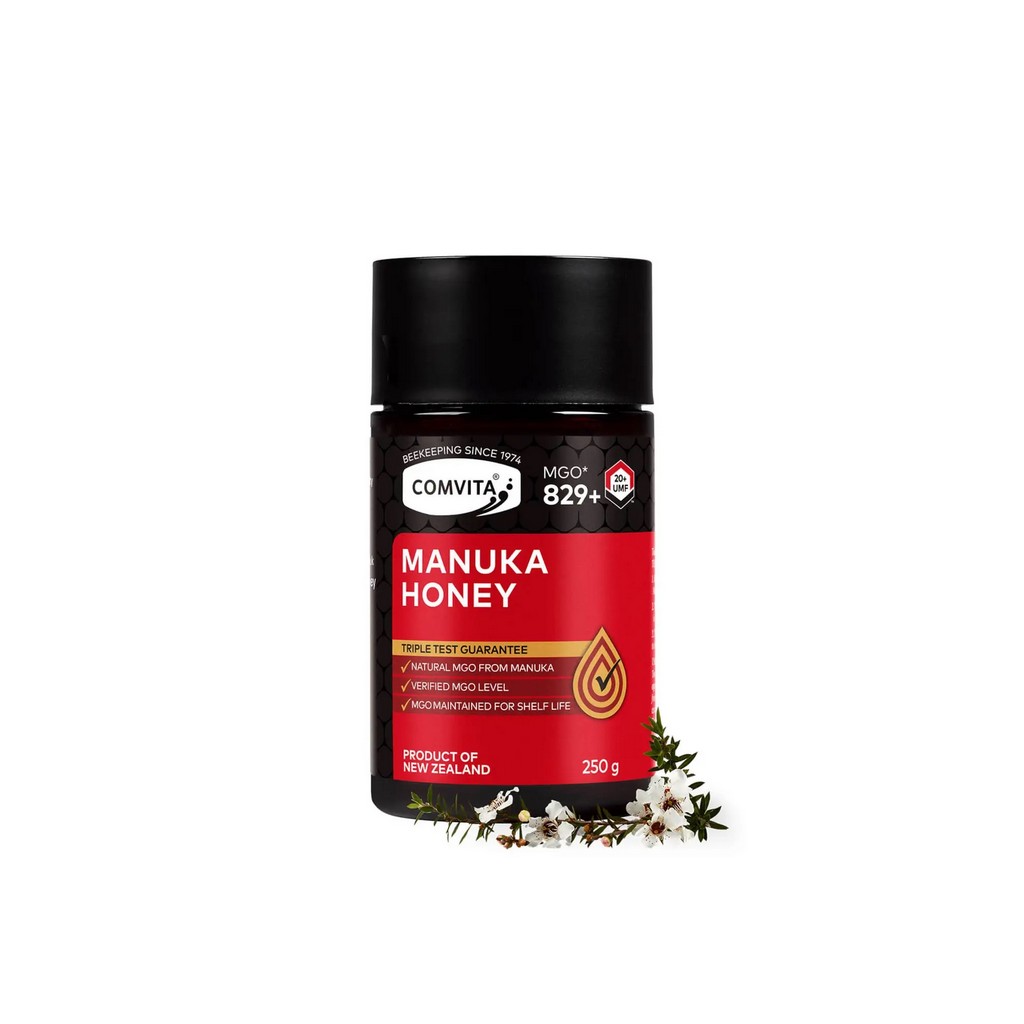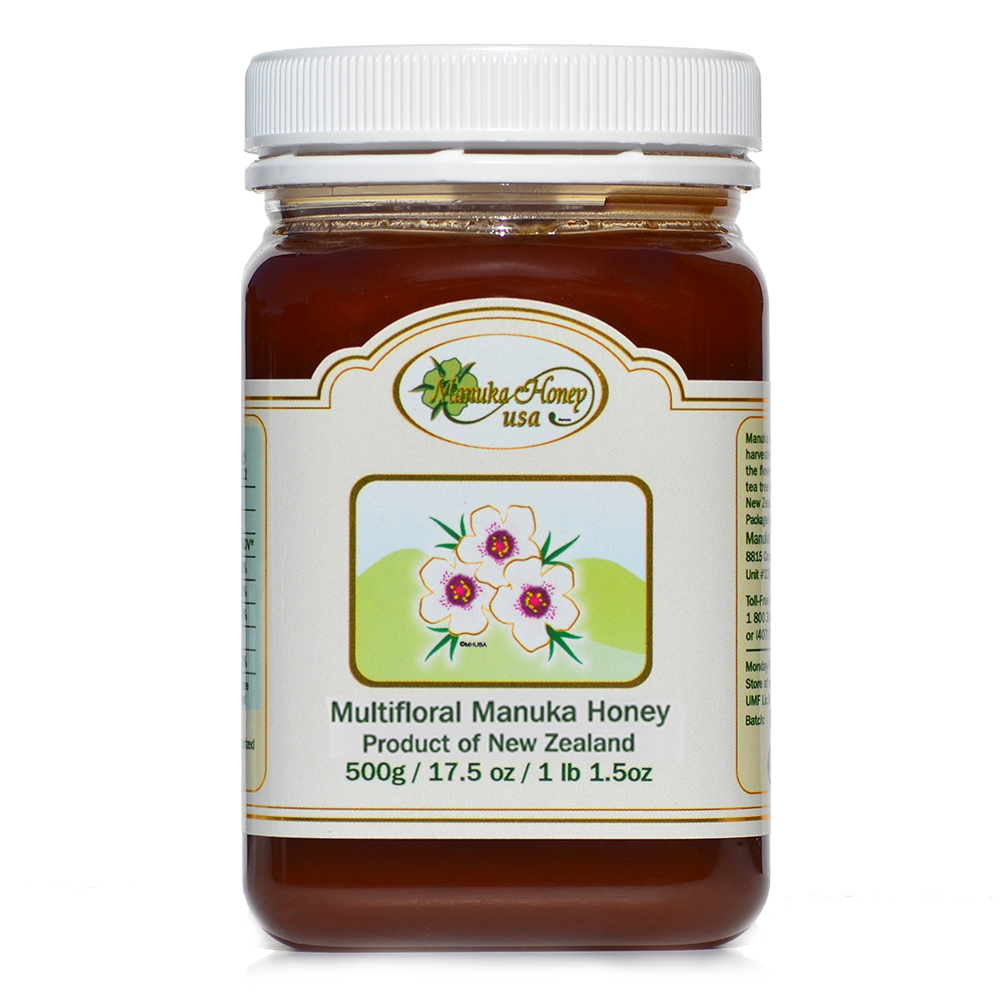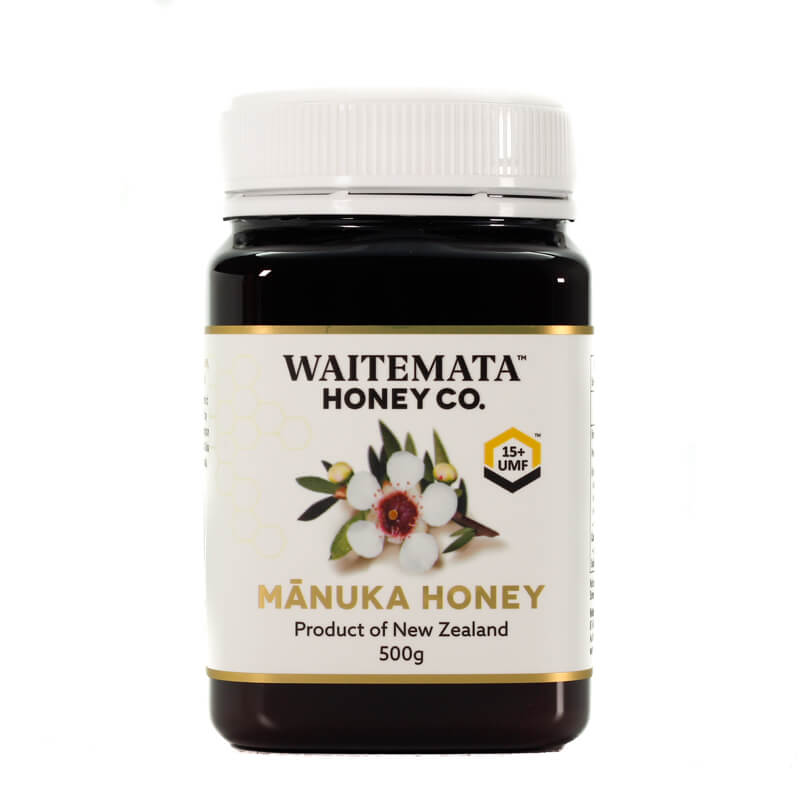Where To Buy Manuka Honey Nearby
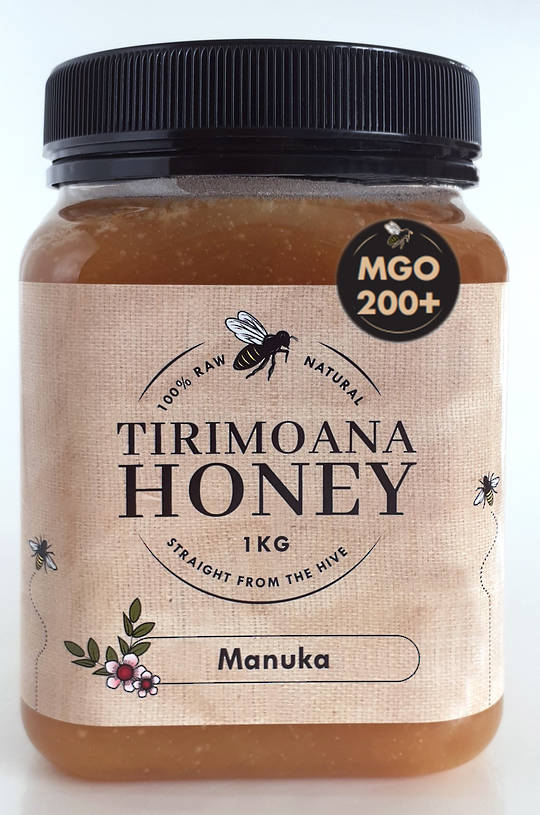
The quest for authentic Manuka honey, renowned for its unique medicinal properties and distinctive flavor, has intensified as consumers increasingly seek natural health remedies. But navigating the market and finding genuine Manuka honey locally can be a daunting task, fraught with misleading labels and diluted products.
This article aims to provide a comprehensive guide on where to buy authentic Manuka honey nearby, helping consumers discern genuine products from imitations and ensuring they receive the full benefits of this prized natural resource. We delve into retailer options, online platforms, and key certifications to look for, empowering you to make informed purchasing decisions.
Understanding Manuka Honey and Its Certifications
Manuka honey's unique properties stem from the nectar of the Manuka tree (Leptospermum scoparium), native to New Zealand. The presence of methylglyoxal (MGO) is the key marker of authenticity and potency.
The higher the MGO level, the more potent the honey's antibacterial and healing capabilities. Several certifications help consumers identify genuine Manuka honey.
The most reputable is the Unique Manuka Factor (UMF) grading system. Developed by the UMF Honey Association (UMFHA), it independently tests and certifies Manuka honey based on various factors, including MGO, leptosperin, and DHA.
Look for the UMF trademark on the label and verify the license number on the UMFHA website. Products lacking this certification may not be genuine or may have lower levels of beneficial compounds.
Local Retailers: Pharmacies, Health Food Stores, and Specialty Shops
Pharmacies often carry Manuka honey, particularly those with a focus on natural remedies and healthcare products. Reputable pharmacy chains are more likely to stock certified brands of Manuka honey.
Health food stores are another good source. These stores typically prioritize quality and authenticity, carrying a wider selection of Manuka honey brands and UMF ratings.
Specialty shops, like gourmet food stores or those specializing in natural and organic products, may also offer Manuka honey. Always inquire about the honey's origin and certifications before making a purchase.
When shopping at local retailers, carefully examine the packaging for UMF certification, MGO levels, and the origin of the honey. Don't hesitate to ask store staff for assistance in verifying the authenticity of the product.
Online Marketplaces: Navigating the Digital Landscape
Online marketplaces such as Amazon, eBay, and specialty honey websites offer a vast selection of Manuka honey. However, the online environment also presents a greater risk of encountering counterfeit or substandard products.
Purchase from reputable sellers with established track records and positive customer reviews. Look for sellers who explicitly state the UMF rating and provide detailed information about the honey's origin and certification.
Check for seller guarantees and return policies in case the product does not meet your expectations or if you suspect it is not genuine. Some reputable online retailers include Manuka Health and Comvita, which sell directly through their websites and on platforms like Amazon.
Be wary of overly discounted prices, as these can be a red flag for counterfeit or diluted Manuka honey. Compare prices across different platforms to get a sense of the market value of genuine products.
Direct from New Zealand: Importers and Specialty Retailers
Some consumers prefer to buy Manuka honey directly from New Zealand-based importers or specialty retailers. This can provide assurance of authenticity and quality, as the honey is sourced directly from the producer.
Several New Zealand companies ship Manuka honey internationally. Research and select reputable importers that can provide documentation of the honey's origin, certification, and UMF rating.
Consider the shipping costs and potential import duties when buying directly from New Zealand. Ensure the seller provides secure packaging to prevent damage during transit.
Potential Risks and How to Avoid Counterfeit Products
The high demand and premium price of Manuka honey make it susceptible to counterfeiting and mislabeling. Be vigilant and aware of the potential risks.
Look for the UMF trademark and verify the license number on the UMFHA website. Check the MGO level; genuine Manuka honey typically has an MGO rating of 83+.
Examine the packaging for any signs of tampering or inconsistencies. Be cautious of products with vague labels or missing information about the honey's origin and certification.
Trust your instincts. If a deal seems too good to be true, it probably is. Purchase from reputable sources and be prepared to pay a premium for genuine Manuka honey.
The Future of Manuka Honey: Sustainability and Traceability
As demand for Manuka honey continues to grow, sustainability and traceability are becoming increasingly important considerations. Consumers are seeking assurances that their purchases support responsible beekeeping practices and protect the environment.
Look for brands that prioritize sustainable beekeeping and honey production. Support companies that invest in traceability technologies, allowing consumers to track the journey of their Manuka honey from the hive to the jar.
By making informed purchasing decisions and supporting responsible producers, consumers can help ensure the long-term availability and authenticity of this valuable natural resource.
Finding genuine Manuka honey nearby requires diligence and careful research. By understanding the certification process, exploring various retail options, and being aware of the potential risks, consumers can confidently purchase authentic Manuka honey and experience its unique health benefits.

